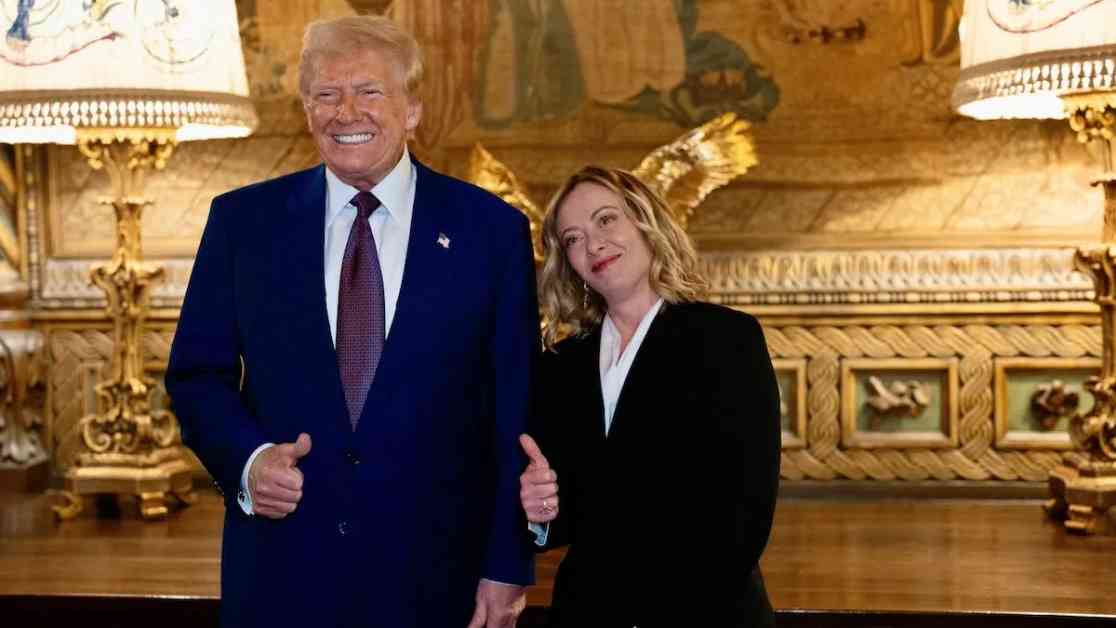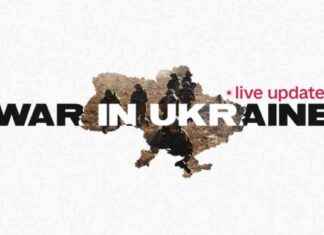In the ever-evolving geopolitical landscape of 2025, one figure emerges as a potential bridge between Europe and America: Italy’s Prime Minister, Giorgia Meloni. Over recent months, Meloni has strategically positioned herself as a key player in fostering dialogue between the United States and the increasingly divided European Union.
Meloni’s notable relationship with former President Donald Trump has garnered attention, with Trump going against tradition by inviting several foreign leaders, including Meloni, to his inauguration in January 2025. This move highlighted Meloni’s growing influence in the international arena, as she stood alongside other far-right figures from across Europe at the event.
During a visit to Mar-a-Lago earlier that month, Trump praised Meloni as a “fantastic woman” who had made a significant impact in Europe. While Trump’s favorable comments should be taken with a grain of salt, given his tendency to backtrack on his own words, Meloni’s ideological alignment and close ties with US Republicans give her a unique position in facilitating crucial discussions between the US and Europe on pressing issues like the conflict in Ukraine.
However, Meloni finds herself walking a tightrope between her support for Ukraine and her relationship with Trump. While she has been a vocal advocate for Kyiv and President Zelenskyy, her ties to Trump, who has shown hostility towards Zelenskyy and a fondness for Russian President Vladimir Putin, present a delicate balancing act for the Italian leader.
The complexities of navigating these dynamics became evident during an emergency summit in Paris called by French President Emmanuel Macron to address Trump’s growing closeness to Putin. Meloni’s discomfort with the summit’s format, which initially excluded certain EU countries, underscored the challenges she faces in managing the intricate relationships between Europe and the US.
Despite these challenges, Meloni’s conservative ideology, rooted in nationalism, traditional values, and a staunch anti-abortion stance, aligns her closely with Trump and other right-wing forces in the US. Her emphasis on Western unity following talks with European leaders underscores her commitment to fostering cohesion within the transatlantic partnership.
Meloni’s strategic positioning as a defender of national identity and conservative values has not gone unnoticed, with British Prime Minister Keir Starmer and other leaders working to form a “coalition of the willing” to address the situation in Ukraine. Meloni’s proposal for a summit between European leaders and the US signifies her proactive approach to bridging divides that have emerged over the conflict in Ukraine.
Looking ahead, Meloni’s potential role in brokering discussions between the US and Ukraine and shaping transatlantic relations remains significant. However, her influence may be limited by the broader dynamics at play, including Trump’s transactional approach to foreign policy and his strained relationship with European institutions.
As Europe navigates its future relations with the US, Meloni’s efforts as a mediator offer a valuable opportunity for dialogue and cooperation. While her individual contributions are noteworthy, a comprehensive strategy that encompasses a broader spectrum of voices and perspectives will be essential in shaping the trajectory of transatlantic relations in the years to come.

















